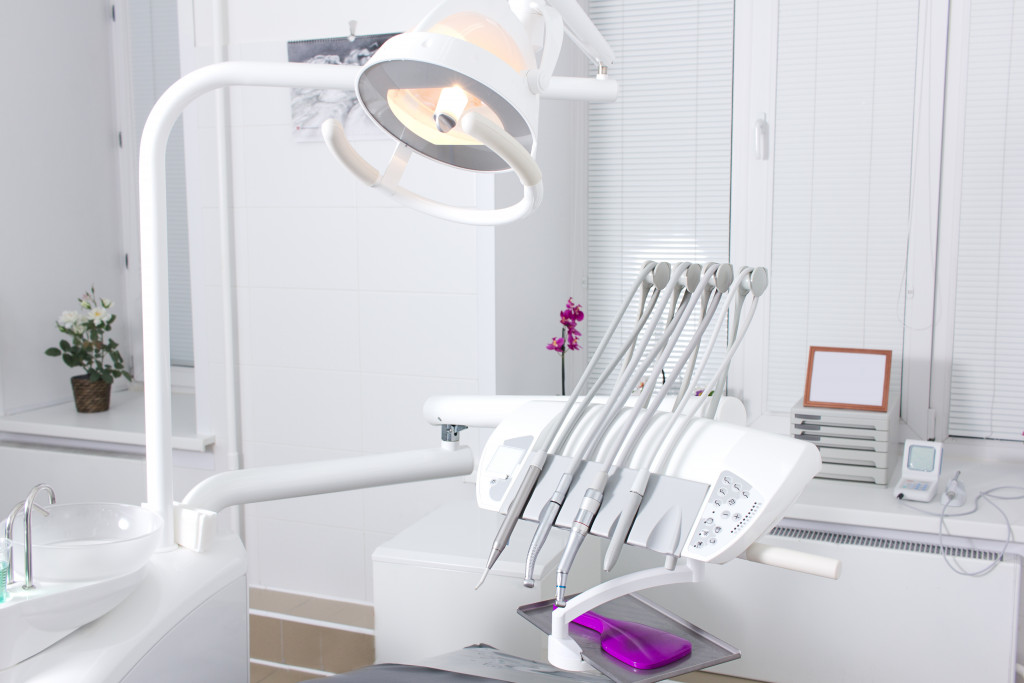It is a known fact that breastfeeding can do wonders for nursing moms and their little angels as far as health is concerned. Breastmilk is an infant’s optimal nutrition source to stay healthy and thrive. It also strengthens the baby’s immune system, including their ability to fight infections and minimize health risks, such as obesity, asthma, ear infections, and sudden infant death syndrome (SIDS). For nursing moms, breastfeeding helps burn excess calories, lower risks of ovarian and breast cancer, reduce uterine bleeding after birth, and better postpartum recovery.
Given the many benefits of breastfeeding, health services advise mothers to breastfeed infants exclusively for six months or even longer, as preferred by the child and the mother. But other moms are opting to stop breastfeeding at an early stage because of their fear that it might affect their child’s dental health. Some blame that breastfeeding a child in later years increases their chances of crooked teeth and jaw misalignment.
There’s no sufficient evidence that extended breastfeeding damages a child’s teeth structure. There are plenty of causes for misaligned teeth and jaw. Advanced dental procedures are available to address teeth problems. Some dentists even rely on innovative procedures, such as digital orthodontics, to provide the best treatment for their young patients.
Mothers only want the best for their babies, and it’s understandable to have concerns about the impact of breastfeeding on dental health. To address these doubts, we’ll discuss the essential facts on how breastfeeding affects the oral health of babies.
Breastfeeding helps fight oral bacteria
Breastfeeding can protect your baby against dental cavities because of the composition found in breastmilk compared to other milk substitutes, such as infant formulas.
Demineralization causes dental cavities because of acids produced by oral bacteria. Breastmilk contains lactose, which is less cariogenic in nature than sucrose, the sugar present in infant formula.
Breastmilk also contains antibodies and proteins that prevent bacterial growth. When compared to infant formula, they contain a lower level of oral pH, which causes demineralization of the tooth enamel.
Experts also found that breastfeeding supports saliva circulation, which helps clean the baby’s mouth. In fact, several studies found that breastfeeding lowers the risk of dental cavities by 50%. How?
The anatomy of a mother’s nipple can prevent cavities compared to the artificial nipple tip of a milk bottle. An artificial nipple blocks the access of saliva to the upper incisors, which limits salivary neutralization and exposes the teeth to carbohydrates that promote oral bacteria.
Breastfeeding enhances the baby’s bite

Several studies revealed that babies exclusively breastfed during the first six months are less prone to teeth alignment problems, such as overbites, crossbites, and open bites, than those who are breastfed for a short period.
This is contrary to the belief that breastfeeding negatively affects the teeth and jaw alignment of a child. Still, it doesn’t mean breastfeeding exclusively won’t require your child to wear braces someday. Teeth alignment occurs because of various factors, such as genetics, thumb sucking, and the use of pacifiers.
Experts found that breastfed children have better facial muscle activity than those fed through bottles. This is because the sucking process plays an important role in the development of children’s facial muscles and bones.
During breastfeeding, the baby draws breast milk by making a squeezing movement through their lip and tongue. With bottle feeding, the process is passive. In this case, breastfeeding helps in promoting better jaw bone development and craniofacial growth than bottle-fed babies. On the other hand, bottle feeding worsens the risk of poor bite structures and inadequate facial development, leading to insufficient space for tooth growth.
Keep in mind that every child has a unique dental structure. The best you can do is to consult a pediatric dentist to detect potential teeth problems before they worsen.
Breastfeeding is still possible when the tooth comes out
Just because your baby’s teeth are already appearing doesn’t mean that you should start the weaning process. In fact, experts say breastfeeding is soothing for a teething baby.
There’s no specific rule that tells when a mother should stop breastfeeding. It’s actually healthy to continue breastfeeding after the baby’s teeth have appeared. If you’re having doubts, consult a dentist about how to take care of your baby’s teeth.
Breastfeeding and motherhood can be a tough time, given all the responsibilities involved. But it’s vital to ensure both mothers and their babies are healthy in all aspects, especially their oral health. In this case, breastfeeding is your best protection against potential health threats that will rob you and your baby of quality life.

